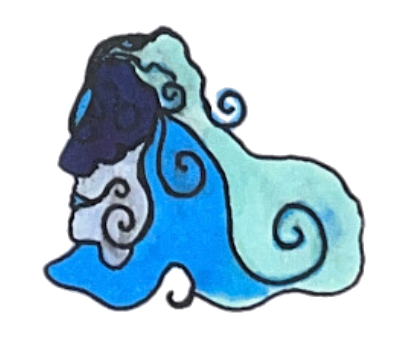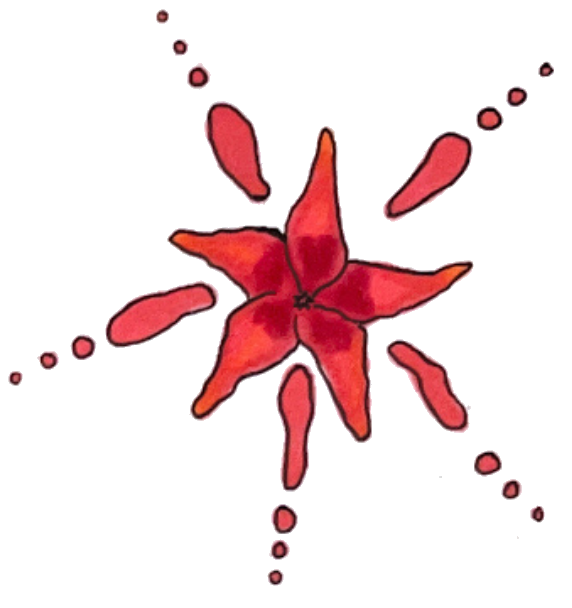
Welcome
Mapping Teejop is a digital mapping project that guides users on Indigenous walking tours of the UW-Madison campus, created through partnership between the American Indian & Indigenous Studies Program and the Department of Geography’s Cartography Lab. Mapping Teejop provides content and context for visitors to learn about Ho-Chunk and Native history and presence at the University of Wisconsin, a region long known as Teejop, and also opportunities for critical and self-reflection. The tours feature some of the most iconic locations on campus, Bascom Hill, Observatory Hill, Tee Wąąkšik Homįk (Lake Mendota), Camp Randall, and the Memorial Union.
Mapping Teejop is intended to be an entry point into learning and reflecting on the Indigenous history and presence of the UW campus. For visitors wanting a more in-depth experience with in-person tour guides, please consider the First Nations Cultural Landscape Tour by visiting the Visitor Relations and Campus Tours website, found here.
Content Warning: The tours in Mapping Teejop deal with difficult subject matter related to Indigenous histories and experiences under colonization. Stops on these tours will directly discuss genocide, ethnic cleansing, violence, mass death, forced removal and exile, the desecration of sacred sites, and other forms of Indigenous trauma.
Tap underlined words to hear them prounounced.
Text size:
Color Mode:

Tours

About
Mapping Teejop is the result of a collaborative effort between our project team and the campus community. Information about the main project team can be found below. If you have any questions, or are interested in contributing to the project, please contact Kasey Keeler at krkeeler@wisc.edu.
Ho-Chunk language expertise courtesy of Henning Garvin.
Kasey Keeler is an Assistant Professor at UW with a joint appointment in the American Indian & Indigenous Studies Program and the School of Human Ecology. Dr. Keeler is an enrolled tribal citizen of the Tuolumne Band of Me-Wuk Indians (California) and is a direct descendant of the Citizen Potawatomi Nation (Oklahoma). Keeler’s work centers federal Indian policy, American Indian land and property ownership, histories of place and placemaking, dispossession, (sub)urbanization, and public memory. Her first book, American Indians and the American Dream: Policies, Place, and Property in Minnesota was published in 2023.
Sasha Maria Suarez (direct descendent of the White Earth Ojibwe Nation) is an assistant professor of History and American Indian and Indigenous Studies. Dr. Suarez's scholarship focuses on gender and social movements in urban Indigenous communities in the twentieth century. She is currently at work on first book, Making a Home in the City: White Earth Ojibwe Women and Community Organizing in Twentieth Century Minneapolis, which will be published by the University of Minnesota Press.
Gareth Baldrica-Franklin is a PhD student in Geography at UW. He studies a variety of map-related topics, informed by Indigenous, feminist, and critical scholarship—including the relationship between mapmaking and storytelling, and how maps could be used to connect us more deeply to our landscape. In addition to Mapping Teejop, Gareth has worked on Global Madison, an educational walking tour designed to teach students about globalization, and he is currently working on a project with Dr. Keeler connecting the Homestead Act to Indigenous dispossession. He is of settler descent, hailing from the unceded territory of the Multnomah and Clackamas peoples in modern day Portland, Oregon.
Molli Pauliot is a doctoral candidate at UW-Madison in the Department of Anthropology. Ms. Pauliot is a member of the Ho-Chunk Nation, Buffalo clan. Ms. Pauliot has professional experience on collaborative projects with tribal, county, state, and federal officials addressing critical social needs in the state of Wisconsin. Ms. Pauliot’s research interests within Cultural Anthropology are in Native American populations in the Great Lakes Region, material culture, Native American art, museum anthropology, indigenous resilience, climate change, and United States American Indian policy. Ms. Pauliot has a PhD minor in art, she is an accomplished designer and bead worker.
Sarah Tate is a PhD candidate in the Anthropology Department at the University of Wisconsin. Her intersectional research focus centers on archaeology and cultural anthropology. Tate's dissertation, which emphasizes collaboration with Wisconsin Oneida community members, explores how Indigenous diaspora use material culture to both establish a distinct identity in an unfamiliar sociocultural landscape and assert an ongoing relationship with ancestral lands from which they were removed. Her research interests include heritage preservation, cultural landscapes, material culture revitalization, and cultural resource law.
Artwork by Isabella Begay.
Special thanks to Jen Rose Smith and Kendra Greendeer for their support and contributions to the project in its first iteration. We would also like to thank community members, interviewees, and focus group participants whose feedback was invaluable to shaping and improving the direction of the project.
Thanks also to Madeline Smith and other members of the UW Arboretum Staff for their knowledge and generosity as we compiled the two Arboretum tours.
The main map of Mapping Teejop was created using a combination of QGIS (for data compilation and basemap design) and Leaflet (for presetation on the web). Data for the basemap were acquired from openstreetmap, with the exception of the Ho-Chunk names, which were provided by Henning Garvin.

Resources
First Nations Cultural Landscape Tour
Mapping Teejop was concieved as a complement to the Cultural Landscape Tour, which provides a guided experience of the Native Histories of the UW Campus. From their site: "The First Nations Cultural Landscape Tour seeks to bring awareness to the historic and contemporary Indigeneity of Teejop, the place now known as Madison, WI, through place-based learning about the Four Lakes region."
Go to SiteAmerican Indian and Indigenous Studies
From their site: "The American Indian & Indigenous Studies (AIIS) Program works to foster an environment in which the university community can discover, examine, and appreciate the cultures, traditions, and values that reflect the many contributions American Indians have made and continue to make to the quality of life in contemporary society."
Go to SiteIndigenous Student Center
From their site: "The Indigenous Student Center is a space that serves Indigenous students by providing academic, professional, and social opportunities focusing on collaborative partnerships, programming, and community building at UW-Madison and beyond."
Go to SiteWunk Sheek
From their site: "Wunk Sheek is an organization that serves students of indigenous identity and members of the UW-Madison community interested in indigenous issues, culture, and history. Wunk Sheek gives students of indigenous identity: a way to socialize with one another, a way to connect with other UW-Madison student organizations, a way to represent indigenous communities to the wider UW-Madison community."
Go to SiteHo-Chunk Language Dictionary
The online Ho-Chunk dictionary is a resouce that allows you to search and learn words in Ho-Chunk. From their site: "The Ho-Chunk Dictionary was made possible by the Ho-Chunk Nation and the contributions of numerous language consultants, advisors, linguists, and technical staff from across Wisconsin and what is today the United States."
Go to SiteWisconsin Tribal Educational Promise
From their site: "First announced in December 2023, the Wisconsin Tribal Educational Promise Program is a commitment to Wisconsin residents who are enrolled members of federally recognized Wisconsin American Indian tribes. The program guarantees scholarships and grants to meet the full in-state cost of attendance for Wisconsin Native Nations students who are pursuing their first undergraduate degree."
Go to SiteOur Shared Future Iniative
From their site: "Our Shared Future represents UW–Madison’s commitment to respect the inherent sovereignty of the Ho-Chunk Nation and the other First Nations of Wisconsin. It is a first step that calls on each of us—faculty, staff, and students—to deeply consider our shared past and present with Indigenous peoples in this place, Teejop, and to make our own personal and institutional commitments to achieve a shared future with them."
Go to SiteThe Center for Campus History
From their site: "Through research, teaching and engagement, the broad intent of the center is to ensure that all students and alumni are aware of the full history of the university, including the accomplishments of campus community members from marginalized populations whose stories previously may have been hidden or not widely known."
Go to SiteSifting and Reckoning
Sifting and Reckoning is a public histories project designed to highlight UW-Madison's history of exlusion and resistance.
Go to Site